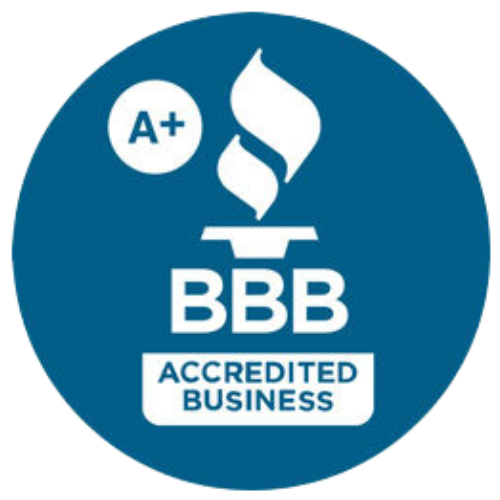If you’ve served your sentence for a sex crime in California, you’re probably wondering whether you can ever fully move on with your life. The California Sex Offender Registry makes that difficult — limiting where you can live, work, and travel. But thanks to recent changes in state law, many individuals are now eligible to petition for removal. Here’s how to do it — and how to boost your chances of success.
California’s New Tiered Sex Offender Registry
In 2021, California updated its registry laws with a 3-tiered system:
- Tier 1: 10-year minimum registration
- Tier 2: 20-year minimum registration
- Tier 3: Lifetime registration (serious or repeat offenders)
If you’re in Tier 1 or Tier 2 and have met the minimum time period without reoffending, you may be eligible to petition for removal.
Who Is Eligible for Removal?
You may qualify if:
- You completed your sentence and parole
- You have not committed any new sex offenses
- You are classified as Tier 1 or Tier 2
- You have fulfilled the mandatory minimum time period
Tier 3 registrants generally cannot petition — but exceptions may apply in rare cases. A qualified attorney can help determine your eligibility.
How the Petition Process Works
The removal process includes several steps:
- Determine your tier level and eligibility date
- Prepare a petition with supporting documentation
- File the petition in the superior court of the county where you register
- The court will notify the district attorney (DA)
- The DA can object and request a hearing
- A judge decides whether to grant or deny your petition
The entire process can take several months, especially if there is a court hearing.
How to Improve Your Chances of Approval
Judges will consider many factors before granting removal, including:
- Your conduct during and after your sentence
- Completion of treatment or rehabilitation programs
- Letters of support from family, employers, or therapists
- Evidence of stability (job, housing, no violations)
Having a knowledgeable attorney draft and submit your petition dramatically improves your odds of approval.
What If the Petition Is Denied?
If your request is denied, you must wait at least 1 year before reapplying. During that time, you can strengthen your case by:
- Maintaining a clean record
- Completing therapy or additional education
- Volunteering or engaging in community service
- Updating letters of support and legal documentation
Every year you stay out of trouble increases your chances next time.
Life After Removal
Once your petition is granted, your name is removed from the public registry. You’re no longer required to report to law enforcement or face residency restrictions. This can open doors for employment, housing, and freedom that were previously off-limits.
Keep in mind that private background check companies may still have your old listing. A legal team can help with removal from those databases, too.
Want off the sex offender registry? Talk to our removal attorneys today for a free eligibility review.








